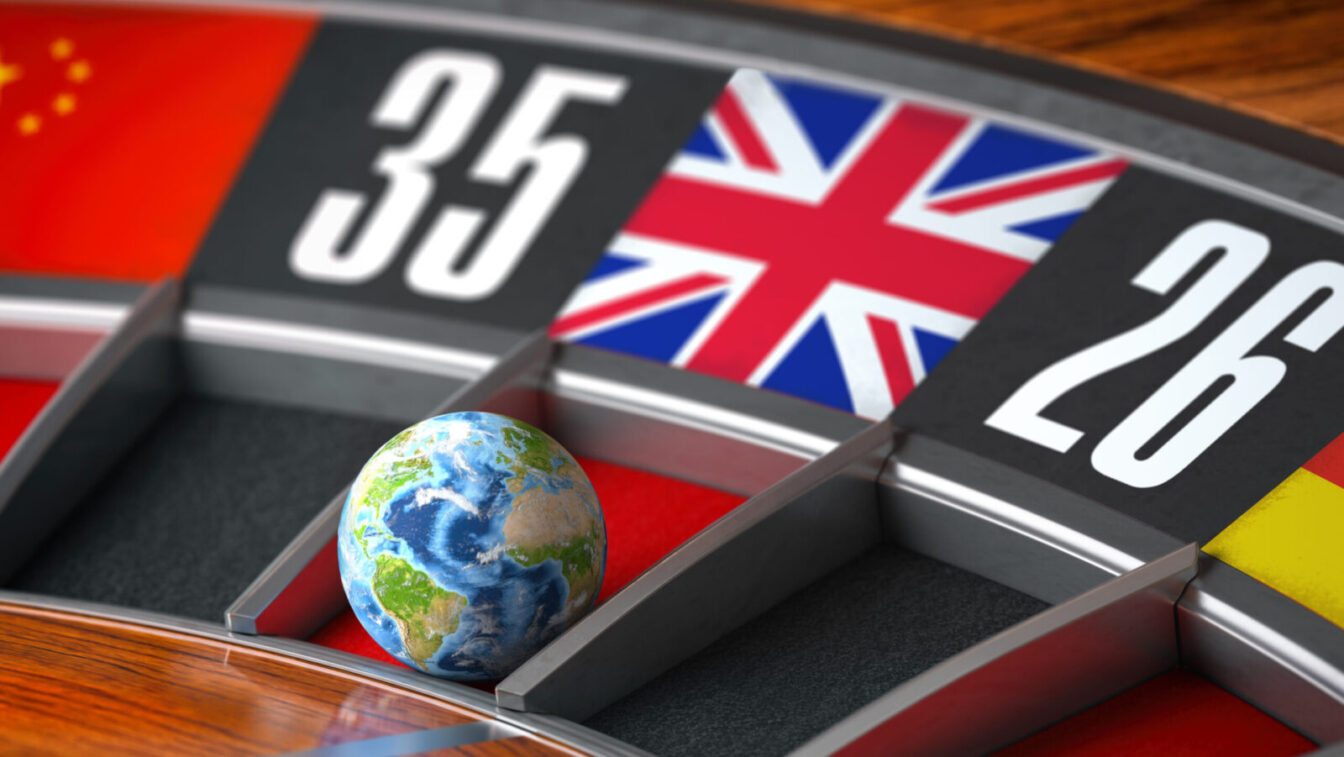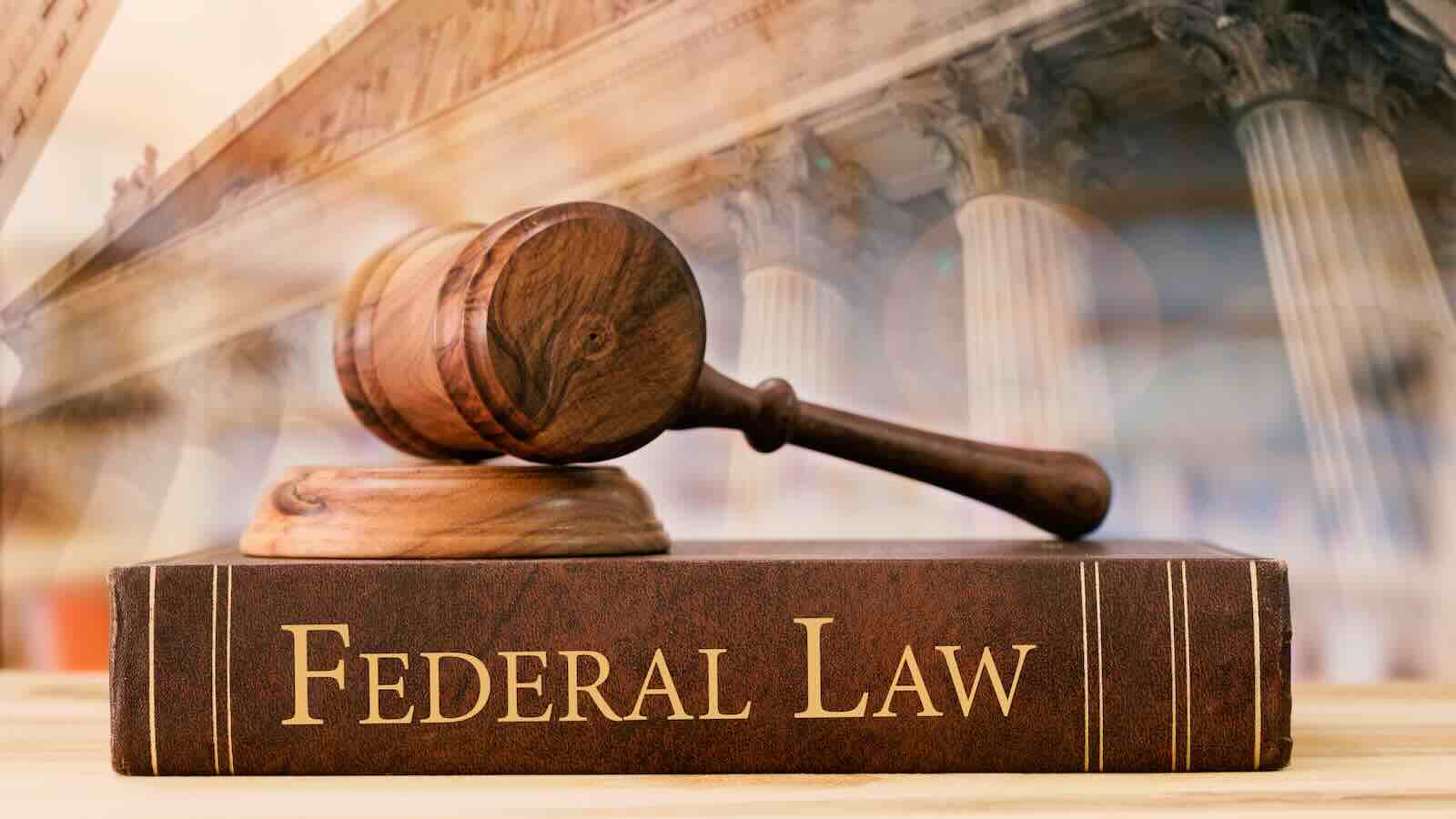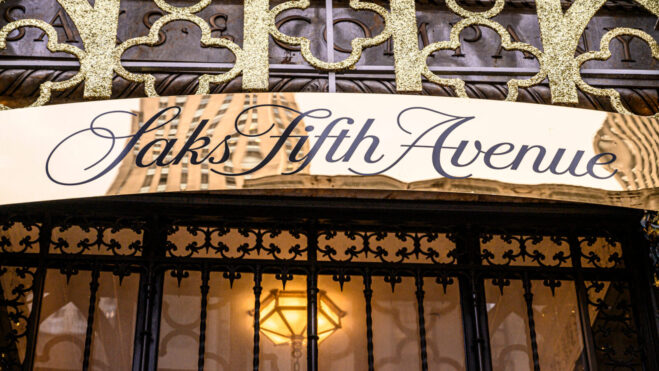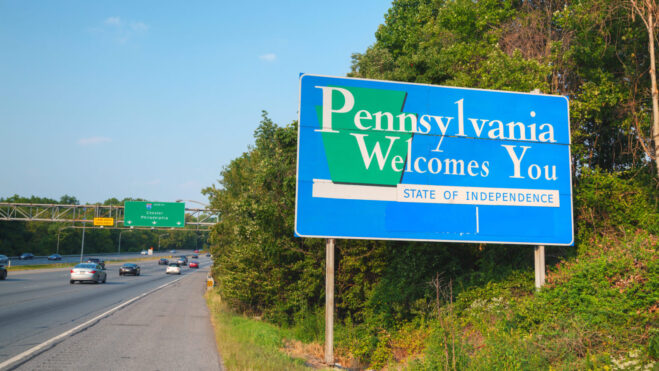Busy Week Of New Gaming Bills And Proposals Includes Online Casino In Wyoming And Indiana
Also, a proposed tax hike in Maryland and a bill to regulate ‘sweepstakes’ gambling in New Jersey
3 min
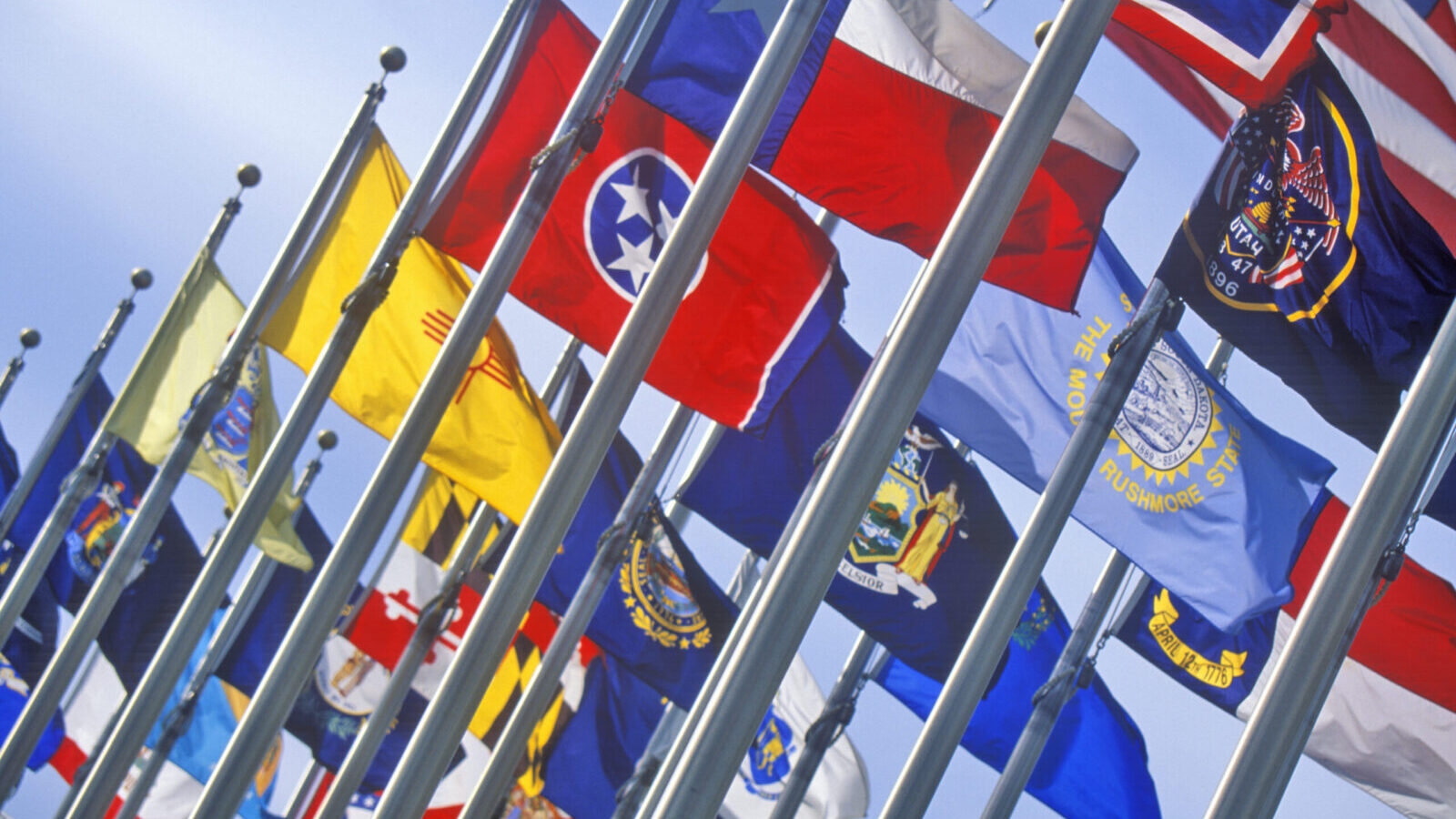
Bills to legalize online casino gaming in Wyoming and Indiana, a proposed gambling tax rate hike in Maryland, and a bill to legalize “sweepstakes gaming” in New Jersey all were rolled out this week as what tends to be a four-month flurry of legislative activity across the U.S. begins.
The Wyoming bill, introduced on Tuesday, would authorize licenses for a fee of $100,000 for the first five years with a stated preference for iGaming operators who already operate in at least three of the current seven states that have legalized the gambling option. Online casino operators in at least three other legal markets would receive preference for a license.
Per a Spectrum Gaming Group report issued two months ago at the request of the Wyoming Gaming Commission, Wyoming is projected to produce gross revenue from iGaming of anywhere from $96 million to $142 million in 2025 if the bill quickly became law.
While some states have powerful lobbying interests both for and against legal gambling expansion, that does not seem to be the case in Wyoming. The absence of any commercial casinos in the state neuters concerns in some other statehouses that iGaming would cannibalize revenue from their brick-and-mortar counterparts.
That said, Wyoming also has not been a pioneer in gaming expansion, so the path toward iGaming launch could take some time. On a national scale, a Wyoming approval would be noteworthy because none of the seven full-scale iGaming states are located west of the Mississippi River. (Nevada’s only online casino presence is in offering poker.)
In Indiana, Rep. Ethan Manning is attempting to revive his efforts from two years ago to legalize online casino gaming (as well as online lottery). Each casino and racetrack in the state would be eligible to have up to three iGaming partners, similar to the design in several other states.
A license for each site would cost $500,000, with a complicated tax structure that would range from 22% to 30% depending on the amount of annual gross revenue.
The bill includes a provision to roll out a “responsible gaming and problem gambling services program” with dedicated annual funding. That provision could sway fence-sitting lawmakers concerned about potential new gambling addictions occurring due to the state authorization.
Indiana has been a fairly aggressive state on gambling initiatives, but its unique issue is a former legislator pleaded guilty in 2023 to a corruption charge related to backing new gaming options in exchange for a job. The lawmaker, Sean Eberhart, last summer was sentenced to one year in federal prison. That unsavory result could make some legislators skittish about jumping into new gambling options.
Maryland governor wants gambling tax hike
Maryland gambling expansion backers have said they intend to reintroduce their own iGaming legislation soon.
But the more immediate news on Wednesday was that Wes Moore, the governor of Maryland, introduced his annual budget that includes his endorsement of a boost in sports betting tax from 15% to 30% and a rise in casino table game rates from 20% to 25%.
Ohio and Illinois already have raised their sports betting tax rates in the past year — the former doing so less than a year after the first legal bets were placed.
New York’s massive tax haul from its 51% rate on such gambling hasn’t gone unnoticed elsewhere. More than $2 billion in gross gaming revenue was gained from $22.6 billion in wagers, but the number that really catches any lawmaker’s eye is the $1 billion in taxes collected in 2024.
States such as Maryland can’t realistically demand such a tax rate, nor take in anywhere near what New York does. But 15% was a bit below the national benchmarks, while 30% would be above the average rate.
Jersey to regulate sweeps?
In New Jersey, Assemblyman Clinton Calabrese introduced this week the bare bones of a bill that “Designates sweepstakes casinos as internet gaming; requires licensure, oversight, and taxation thereof within internet gaming framework.”
While New Jersey — home to the world’s leading harness racing track with the Meadowlands Racetrack and the first east coast casinos dating back to the 1970s, and having won a six-year legal battle to void Nevada’s near-monopoly on all sports betting — can stake its claim as the most aggressive gambling state of all, sweepstakes gaming may prove to be a different story.
Sweepstakes legalization efforts have run into lawsuits in several states, and the fact they don’t pay state gambling taxes nor exist under the oversight of state gaming commissions could be particularly problematic in New Jersey. That would be true of any state that already has lucrative online casino gaming, meaning that sweepstakes games could undercut the amount of annual taxes collected from the former.
The Social and Promotional Games Association (SPGA), which consists of social and sweepstakes operators, issued a statement on the new legislation.
“The SPGA welcomes Assemblyman Calabrese’s bill,” spokesperson Randi Brown shared. “The SPGA and its members are advocates for clear regulations that enable transparent, innovative, and responsible social and promotional gaming experiences.
“The bill aligns with our core objective of reinforcing the well-established legality and legitimacy of social sweepstakes games, which millions of American adults enjoy.”


